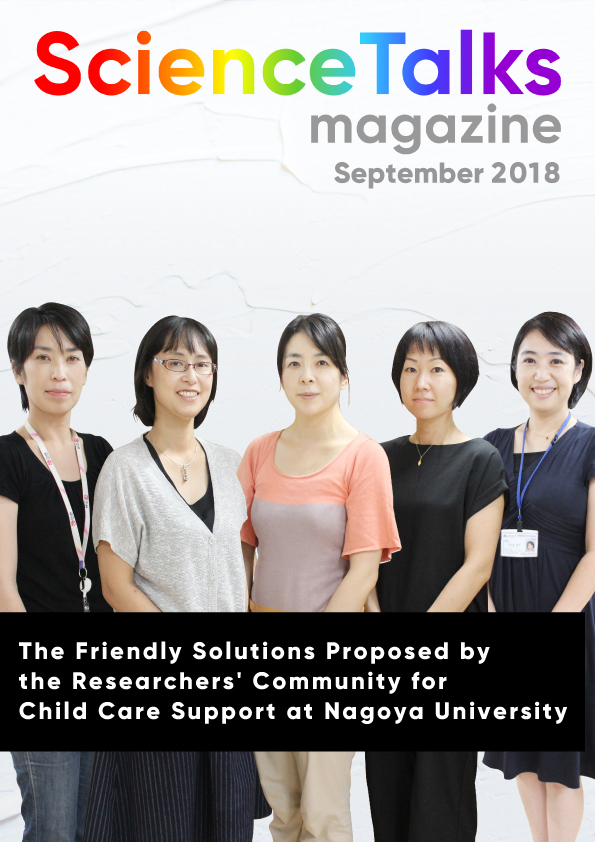
Have you heard of the two-body problem? The problem occurs when spouses or life partners obtain full-time academic positions in locations far away from each other. Upon accepting such a post, the person must live apart from their partner and other family members for a long duration. Because job opportunities in academia are limited, academics who wish to obtain a full-time position at a university have little control over where they work. A challenge for women academics, in particular, is that life events such as childbirth and parenting often overlap with their tenure track. Consequently, several women face the challenge of balancing the demands of solo parenting with their teaching and research work.
In 2010, a survey of women academics was conducted in the University of Tokyo, which has the largest academic staff among Japanese universities. The survey revealed that, of the respondents who had a partner, the majority had a partner who was a fellow academic, and as many as 22%—almost 1 in 5, which is extremely high—were living separately from their partner. Of those with children, 70% received no maternity leave and 18% returned to work within six months of giving birth. These findings are indicative of how extremely difficult it is for female university staff to balance their academic careers with parenting.
Solo parenting is a challenge not only in Japan but across the world. In light of this, the women academics of Nagoya University have organized a very interesting initiative to tackle the problem. They set up a self-help community called the Researchers’ Community for Child Care Support at Nagoya University. While this community works with the university’s Center for Gender Equality, it is notable for being the women’s own initiative; the women founded the community themselves and helped it to gradually expand. We interviewed two of these women: Professor Azusa Kamikouchi, a research scientist, and Associate Professor Miho Tagawa from the Center for Integrated Research of Future Electronics.